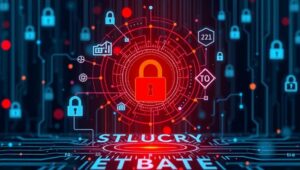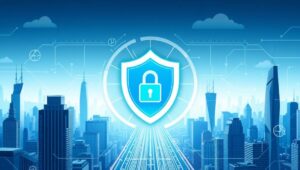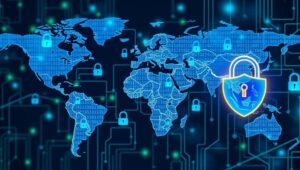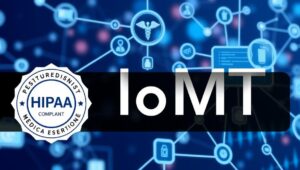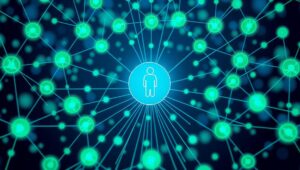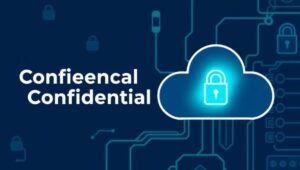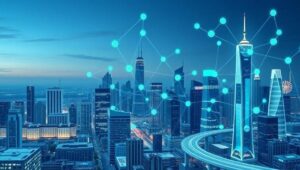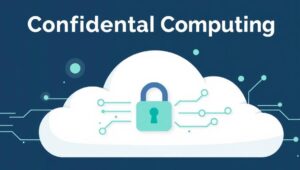May 26, 2025
The Ethics of Data Collection and Use in Cybersecurity (2025)
The Ethics of Data Collection and Use in Cybersecurity (2025) In the rapidly evolving landscape of cybersecurity, data is both a shield and a sword. The collection and use of data have become integral to defending against cyber threats, but these practices also raise significant ethical concerns. As we navigate the complexities of 2025, it’s crucial to examine the ethical dimensions of data handling in cybersecurity. The Dual-edged Sword of Data Data collection is essential for threat detection, incident response, and proactive security measures. Cybersecurity professionals gather data from various sources to identify patterns, anomalies, and potential vulnerabilities. However, this
